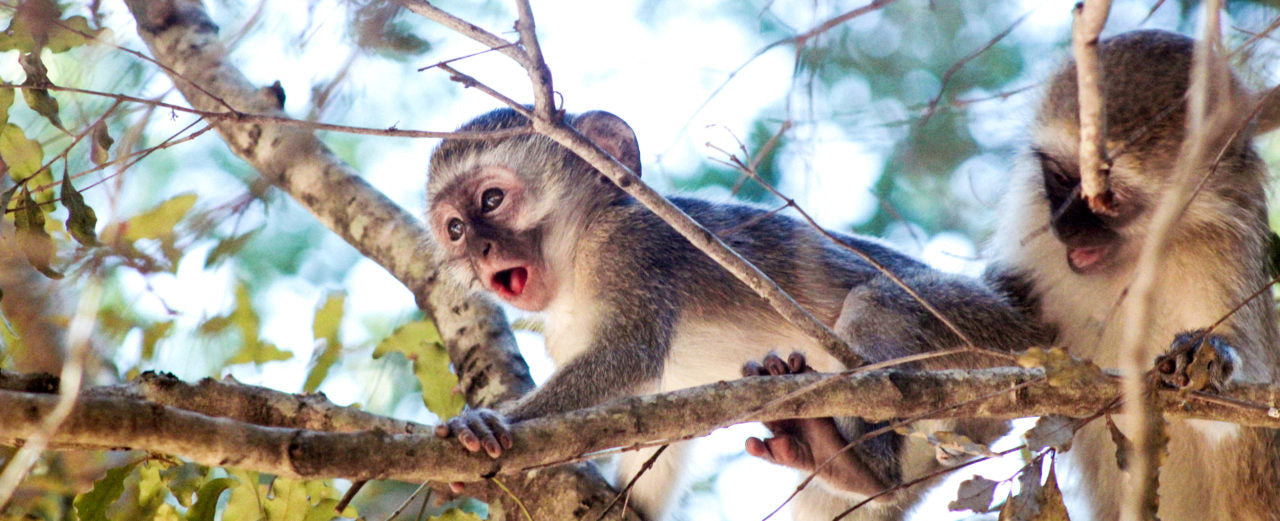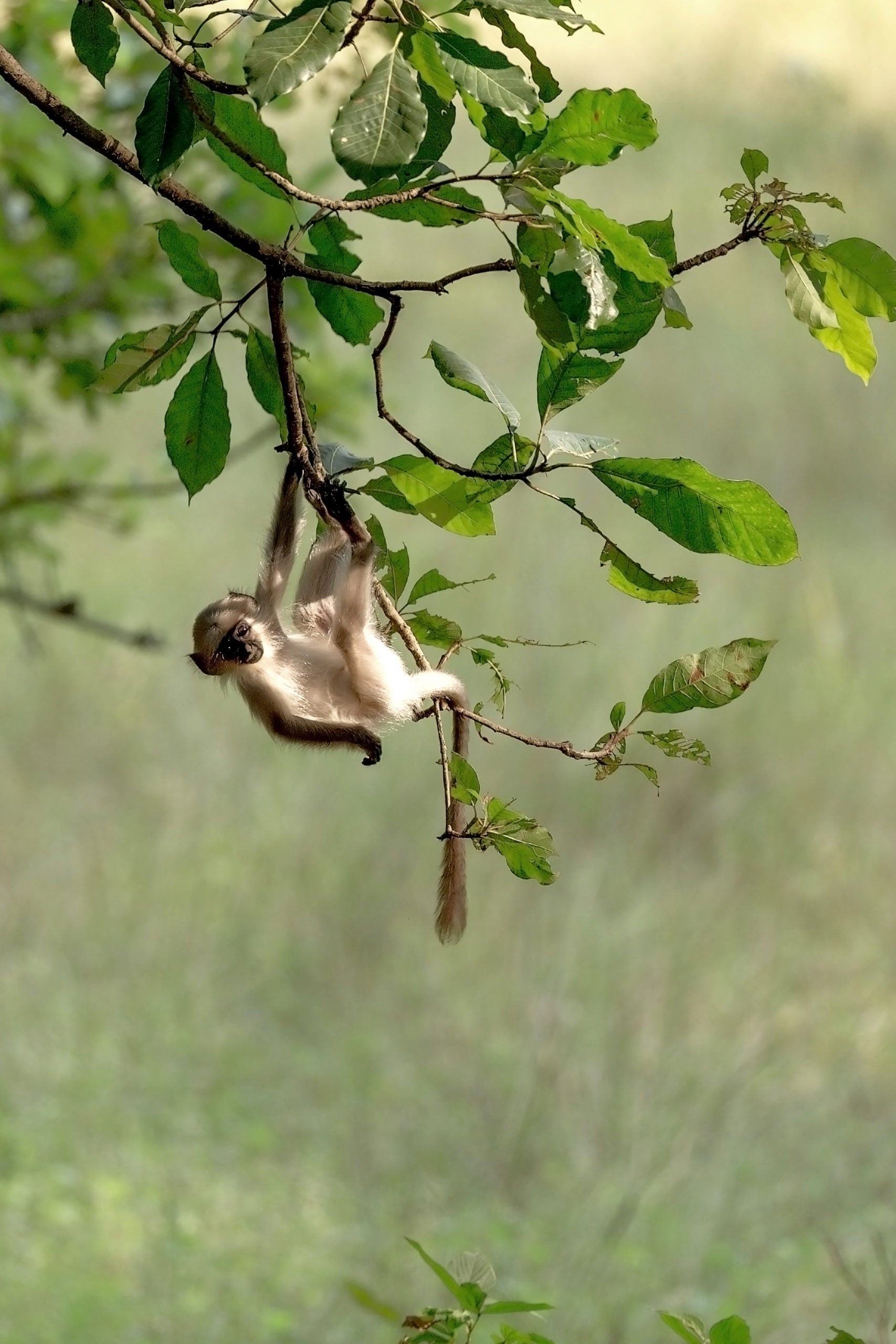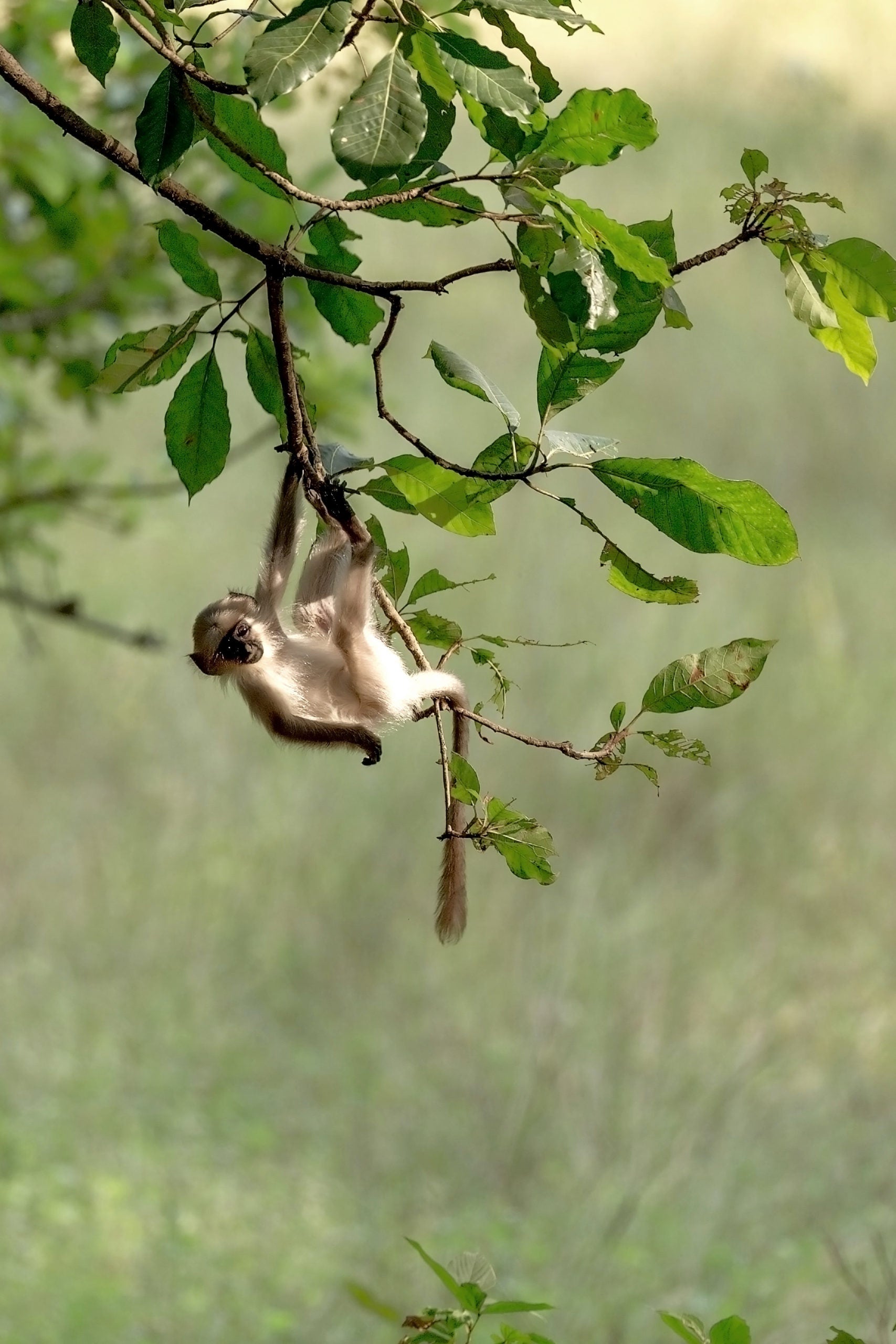Day 14
One hour of release training for an orphaned monkey in Congo
 From the cage back to the jungle From the cage back to the jungle
From the cage back to the jungle From the cage back to the jungle


Confiscated monkey children learn to master life in the wild

Julia (@julias.diary) presents her favorite project in the video
need
Release training for confiscated monkey orphans from illegal animal trade in Congo
activity
Expansion of the monkey orphanage into a release station and special training of the monkeys for a safe return to the rainforest
Measurable performance
Number of monkey orphans that can be taken in and cared for and later released into the wild
Result
The rescue center's release program is well established and dozens of monkeys are regularly successfully released into safe forest areas
Systemically relevant impact
The species protection authorities are taking more consistent action against the illegal animal trade because they can safely accommodate confiscated animals
background


The good deed
About Democratic Republic of Congo
Capital city
Capital city
92,377,986
Population
584.1
Gross domestic product
per capita per year
Rank 179 of 191
Human Development Index
(Human Development Index)




